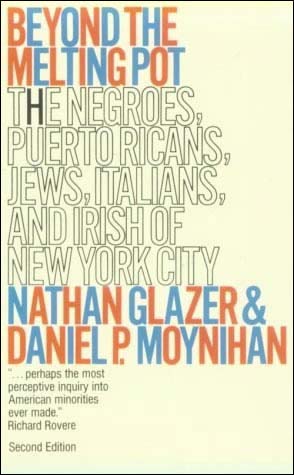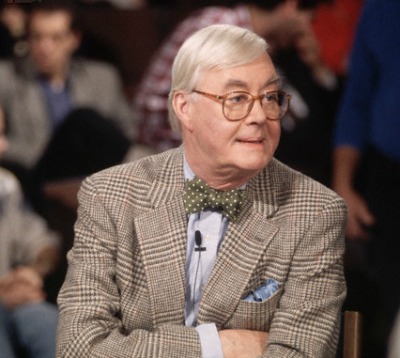One of the silent assumption of western societies for the last two generations is now undergoing a severe test. Like most assumed truths, it is seldom stated, and certainly not by the talking heads who can never shut up long enough to think.
What assumption is that?
That life in western societies would erode, reduce, and in time eliminate ethnic, tribal, and religious identities and with the passing of these differences, then we can all live together in peace regardless of race, nationality, language. The old conflicts, animosities, hatreds would wash out in the tolerant bath of multiculturalism.
Societies governed by the rationality of the Enlightenment would create the conditions of life in which these superstitions of the past, ethnicity, tribe, and religion, would fall away.
On such assumptions migration was an opportunity not a problem. While migrants will bring in the baggage their ethnic and religious identities with corollary divisions, these will be subdued and written over by their new lives in Western societies, leaving behind their energy, spirit, and creativity.
While the word ‘liberal’ has been as verboten in academic circles as it is in Republican ones, this was one of the core of liberalism. (Strange isn’t it that the self-styled Left of the Academy and the self-styled right of the Republican Party, now represented by Donald Trump, are as one in reviling liberals.)
Another object of revulsion in academic circles for years has been sociologist Daniel P. Moynihan, whose chief sins were calling attention to the implication of social structure and working for Richard Nixon. Just the kind of sell-out to be expected of a liberal! So harrumphed many know-it-alls of my acquaintance. That in both cases Moynihan promoted and acted as a mid-wife to many social programs that benefited millions is irrelevant to the classroom stone-throwers.
Moynihan tried to disabuse us of this liberal expectation that ethnic and religious identities were but flimsy substitutes for the good life and once the good (material) life was in sight, they would retreat into scrapbooks of the past. He argued (‘Beyond the Melting Pot’ [1974], pp 33ff) and he had plenty of evidence at his command in so doing that ethnic identity and religious commitment were essential to the identity of (many, if not most) people and would endure come what may. These identities could withstand the oppression of police states in Eastern Europe, he said, and they could certainly withstand the seductions of Western materialism. A refrigerator would never replace a god. I once saw him more or less drowned out and shouted down at a political science conference advancing this argument. Edifying, not!

According to this liberal expectancy religion and ethnicity would evaporate in the melting pot of migrant societies. No longer would it be possible to mobilise people by appeals to ethnicity, tribe, or religion. Indeed, one of the silent goals of liberal society was to liberate us from ourselves (our identities as Walloon, Jew, Inuit, Shia, Tatar, Catholic), stripping away these overgrowths and leaving behind the deracinated cosmopolitan.
 Daniel Pat(rick) Moynihan
Daniel Pat(rick) Moynihan
The resurgence of ethnic nationalism, religion, and tribe in the skeleton of the Soviet Union would come as no surprise to Moynihan, though it did surprise a great many social scientists who are now less conspicuous at conferences. Nor would he be surprised by the continuing response to the appeals of religion everywhere in the world, but most social scientists are baffled by it.
Skip to content
